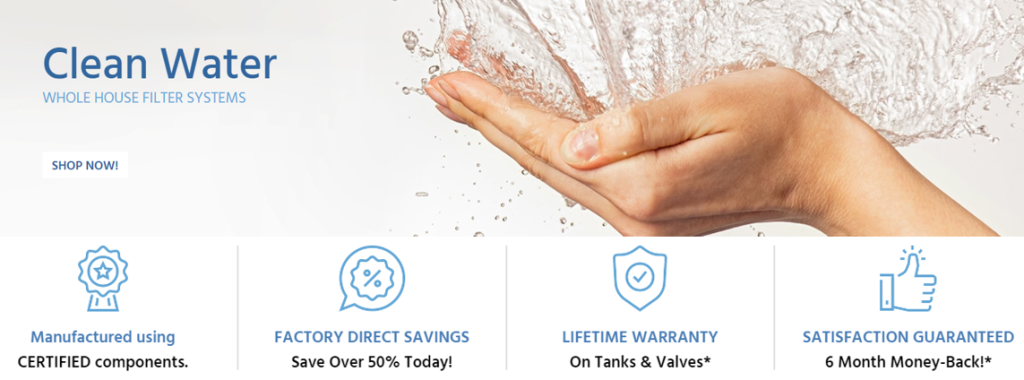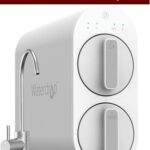If the water softener is not set up correctly, it can restrict the flow of water, causing low water pressure.
If your home has hard water, you may be considering installing a water softener. While a water softener can be a great way to improve the quality of your water, it can also cause low water pressure. This is because the water softener will remove minerals from the water, which can lead to a decrease in water pressure. If you are experiencing low water pressure, you may need to adjust the settings on your water softener. You should also check for leaks in your plumbing system. If you have any questions about your water pressure, you should contact a plumber.
How Does A Water Softener Work?
A water softener works by removing magnesium and calcium ions from hard water and replacing them with sodium ions.

A water softener is a device that is used to remove hardness minerals from water. Hard water is water that contains high levels of calcium and magnesium. These minerals can cause problems such as scale build-up on pipes and fixtures, and can make it difficult to get laundry clean. A water softener works by exchanging the hardness minerals for sodium ions. This process is called ion exchange.
Install a Home Water Filter & Get "Unlimited Safe Drinking Water" For Decades
Get Upto 55% Discount With a Lifetime Warranty & 6-Months Money Back Guarantee Free Shipping
SpringWell Water Filtration Systems: 100% American-Made & NSF Certified Water Filters and Water Softeners
The most common type of water softener is the ion exchange water softener. This type of softener contains a tank that is filled with small beads of plastic or ceramic. These beads are coated with sodium ions. As hard water passes through the beads, the calcium and magnesium ions are exchanged for sodium ions. The sodium ions have no effect on the hardness of the water, so they do not cause any problems. The only downside to this type of water softener is that it adds sodium to the water. This is not a problem for most people, but if you are on a sodium-restricted diet, you may want to avoid using an ion exchange water softener.
Another type of water softener is the reverse osmosis water softener. This type of softener does not add any sodium to the water. Instead, it removes the hardness minerals from the water. The hard water is passed through a semipermeable membrane. This membrane only allows water molecules to pass through, and it traps the hardness minerals. The water that is produced by a reverse osmosis water softener is very pure, but it can also be very expensive.
If you have hard water, you may want to consider using a water softener. Water softeners can save you money by extending the life of your plumbing and by making it easier to get laundry clean. There are two main types of water softeners: ion exchange water softeners and reverse osmosis water softeners. Both types of softeners have their advantages and disadvantages, so you will need to decide which type is right for you.
How Can A Water Softener Cause Low Water Pressure?
A water softener can cause low water pressure if it is not working properly or if the salt level is low.
If your home has hard water, you may have considered installing a water softener. While a water softener can be a great way to improve your water quality, it can also cause low water pressure.
There are two main ways that a water softener can cause low water pressure. First, the water softener can take up a lot of space in your home’s plumbing system. This can restrict the flow of water and lead to low water pressure.
Second, the water softener can remove minerals from the water that can actually help to increase water pressure. When these minerals are removed, the water pressure can drop.
If you’re experience low water pressure after installing a water softener, there are a few things you can do. First, check to see if the water softener is the only appliance using water in your home. If it is, you may need to adjust the settings on the water softener.
Second, you can try flushing the water softener. This will remove any built-up minerals in the system and may help to increase water pressure.
Finally, if you’re still having problems, you may need to call a plumber to take a look at your home’s plumbing system. They can help you to determine if the water softener is causing the low water pressure and can make any necessary repairs.
FAQ
What Are The Benefits Of Using A Water Softener?
Are There Any Drawbacks To Using A Water Softener?
If you’re still unclear about how a water softener can cause low water pressure, feel free to leave a comment below.


